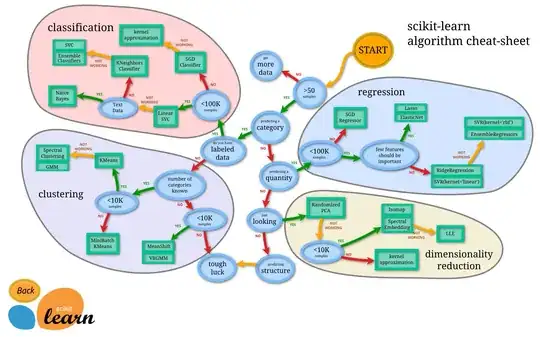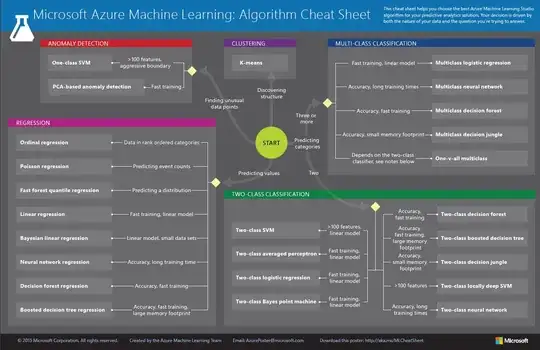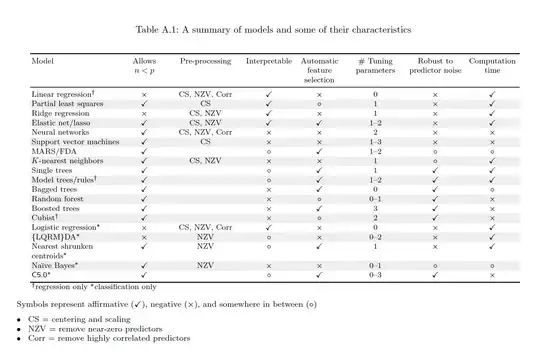I find resources like the Probability and Statistics Cookbook and The R Reference Card for Data Mining incredibly useful. They obviously serve well as references but also help me to organize my thoughts on a subject and get the lay of the land.
Q: Does anything like these resources exist for machine learning methods?
I'm imagining a reference card which for each ML method would include:
- General properties
- When the method works well
- When the method does poorly
- From which or to which other methods the method generalizes. Has it been mostly superseded?
- Seminal papers on the method
- Open problems associated with the method
- Computational intensity
All these things can be found with some minimal digging through textbooks I'm sure. It would just be really convenient to have them on a few pages.


